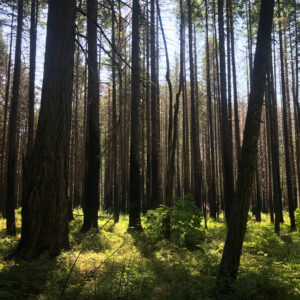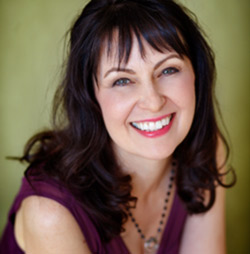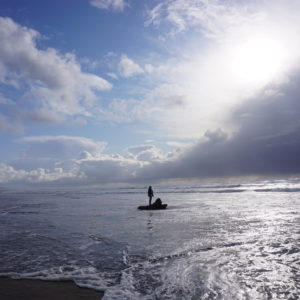
Overwhelmed by the tide of online meetings?
Two weeks into the 2020 Covid-19 quarantine, I was feeling pretty good. I met online with my directors at Clark College, strategizing how to offer my 20-years’-running class, Wildfire Writing. Lisa and Roseanne were asking what I knew about teaching online.
“I’ve learned that Zoom classes are different,” I said. “The attention is different.”
Turns out, my insight was an understatement.
The attention is different. Oh my goodness gracious me, it is solar-systems-away different.
It is not only different for the participant, but for the facilitator. Three weeks into the pandemic, I was walking around in a haze, or treading water, with this blurry, slow, foggy feeling in my bones. What was wrong with me? I was holding three or four or six Zoom classes and sessions a week, all short, but in between I felt like a zombie.
I started reading about Zoom fatigue. And then I realized it wasn’t trauma that was making me weird and tired, it was simple science.
The energy and strengths of an online class are topsy-turvy from interpersonal meetings. And this helps explain why Zoom fatigue is real.
As humans, nonverbal cues make up ninety percent of our communication. Subconscious, nuanced gestures and tones can only be received in close contact. If you’re an intuitive teacher or worker like I am, you’re reading the moods and modes of your people—but you are using subtle cues on a deep level without conscious awareness of what you’re doing. You’re noting breathing, eye movement, and posture, among other things—many of which are impossible to transmit via camera.
Reducing our meetings to two-dimensional experience restricts our awareness, taxes our resources, fogs our brains.
When we’re relying on Zoom day in and day out for work and learning, we’re asking the technology to do things it can’t. We’re asking ourselves to perform in arenas that are unnatural. Conversely, it’s easy when meeting online to send and receive resources, to edit documents, to hand off links, articles, videos, titles, and lessons.
At the same time, screens are exciting. To have “phone TV” was my dream as a child, ever since I saw it on the Jetson’s. Now, it’s a reality, and stimulating. And kind of delicious. Just like coffee is stimulating and delicious. But, oh man, too much at the wrong time is hard on the brain.
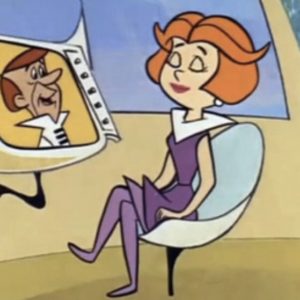
Screen use and upload of information can be fatiguing. What’s more, these things tap only a fraction of our capability.
Studies abound regarding whole-brain learning, and the benefits of using all of our senses. It so happens, quite nicely, that the strongest writing also incorporates the five (plus fifteen!) senses, and that when we are creating concrete, specific, sensory images with words, we are engaging our brains and activating the brains of our listeners.
Yes, listeners.
Although our eyes may be overtaxed, one thing we’re in short supply of during this stressful and unusual time of quarantine, is listening. And yet many of us have fully functioning ears—thank goodness. Our ears, when allowed to take over for our eyes, can be an amazing resource that funnels useful info we can use.
The auditory system is a neurological system. When we listen to each other, we are connecting in powerful ways that our overtaxed eyes can’t achieve while looking at a screen.
So, incorporating this knowledge, I’ve designed hacks for myself that have made all the difference. My energy is back! My meetings and classes are bringing positive gratitude and feedback which means so much right now. And I’m loving my work – even online.
Here are some things you can try along with me.
- Say hello for the first 5 minutes of the meeting, then turn off the cameras.
- Limit how many cameras-on meetings you’ll have per week.
- Put a lovely screen saver on your computer or phone, turn of your volume, sit back, and listen.
- Use an old-fashioned notepad or journal, and take notes by hand. (There are studies on the benefits of writing by hand, too.)
- Take a 5-minute break every 30 minutes, or a 10-minute break once an hour. In Wildfire Women, which meets Thursdays, we get up and stretch together halfway between class. In my Story Camp on Fridays, I send the kids out for 10-minute scavenger hunts in their homes or front yards, writing about the objects at hand. As a certified yoga teacher, I also incorporate yoga into the weeks’ classes.
- Turn off self-view. In some applications, you can turn off your own view of yourself, and this creates a much more natural feel. You don’t have to be preoccupied or self-conscious. In Zoom, find your own “square” of image, now click on the three dots in the right hand corner. Scroll down to “hide self view” and select.
Best wishes! Tweak, try, experiment, and see what works as you find peace and equilibrium in this strange moment of history. Whatever happens, please know that the fog you are feeling is not permanent.
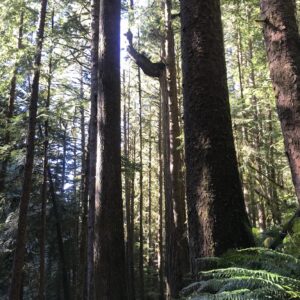 It’s been an interesting poem-writing marathon this month, feeling exultation and pride one day and like a complete dud the next. Some poems were effortless, while others exhausted my brain. Hiking at Cape Perpetua on Friday, I was re-tuned by the green vibrance and lush life all around me. Here’s a movie of my Day 21 Poem, and what the forest taught me that day.
It’s been an interesting poem-writing marathon this month, feeling exultation and pride one day and like a complete dud the next. Some poems were effortless, while others exhausted my brain. Hiking at Cape Perpetua on Friday, I was re-tuned by the green vibrance and lush life all around me. Here’s a movie of my Day 21 Poem, and what the forest taught me that day.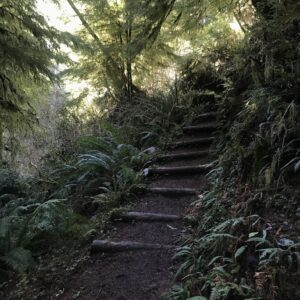

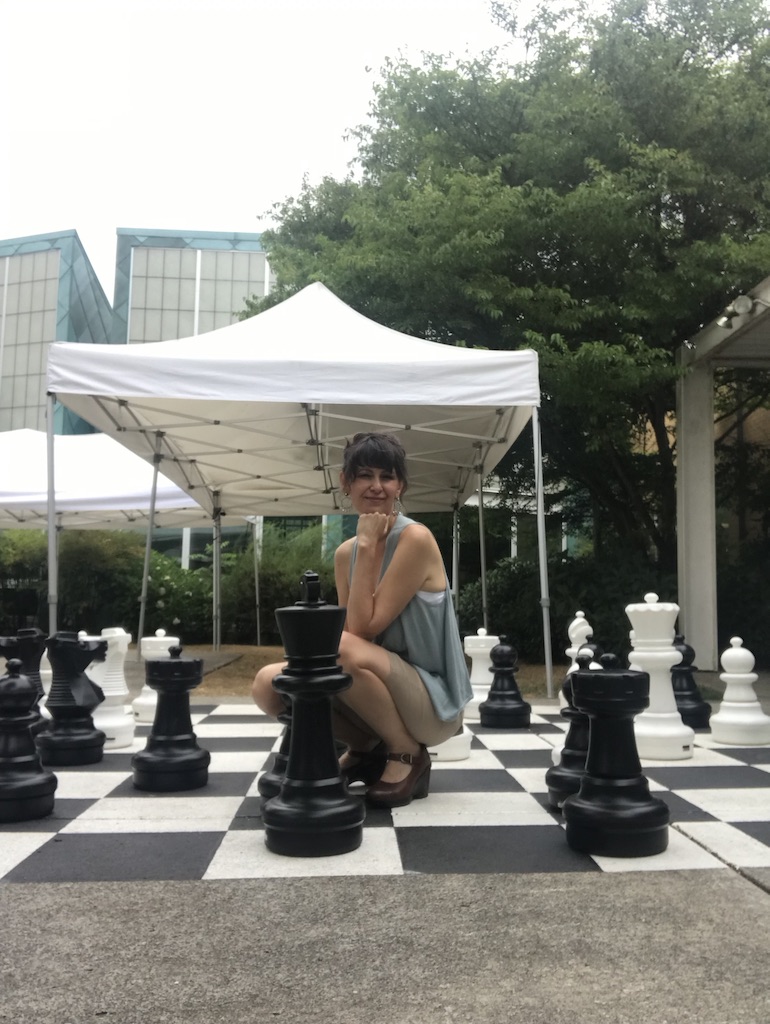
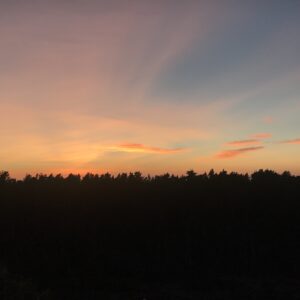 Dear Friends:
Dear Friends: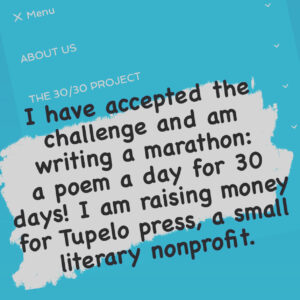 Here I am, Day One!
Here I am, Day One!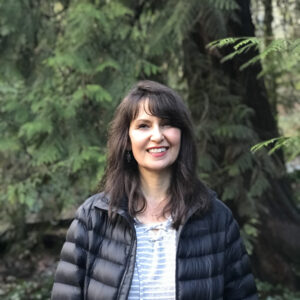
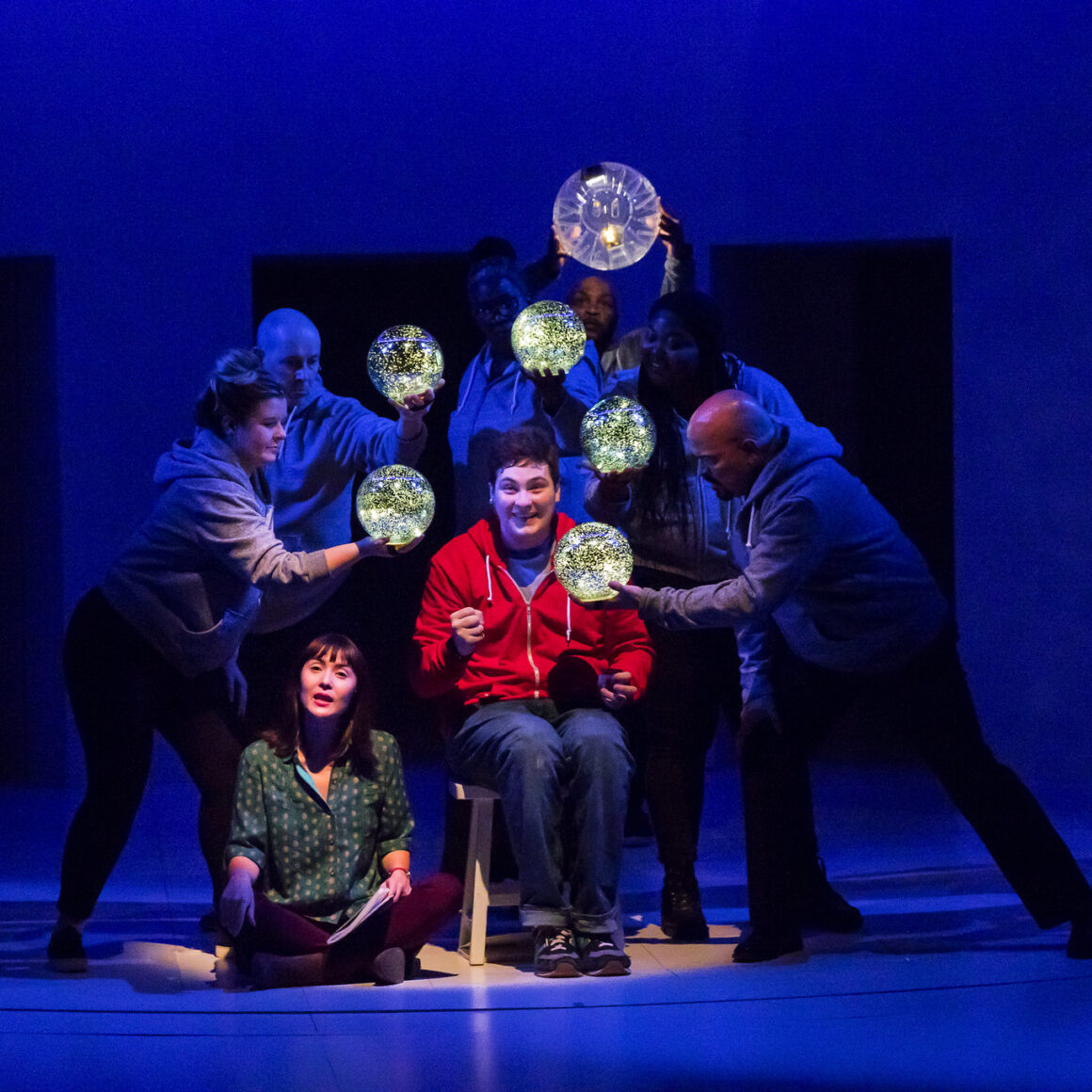
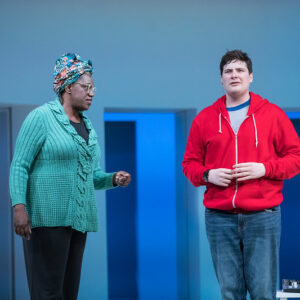 “The word metaphor is a metaphor,” according to Christopher. “I believe it is a lie.” Daunting and humbling to this poet who leans hard on figurative speech.
“The word metaphor is a metaphor,” according to Christopher. “I believe it is a lie.” Daunting and humbling to this poet who leans hard on figurative speech.

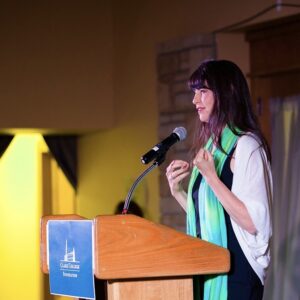
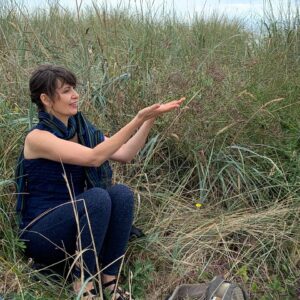
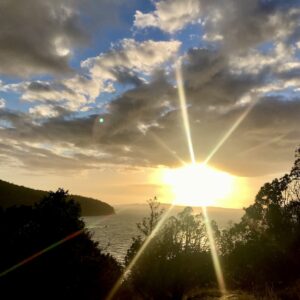
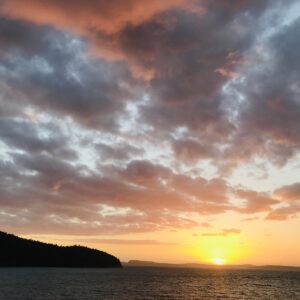
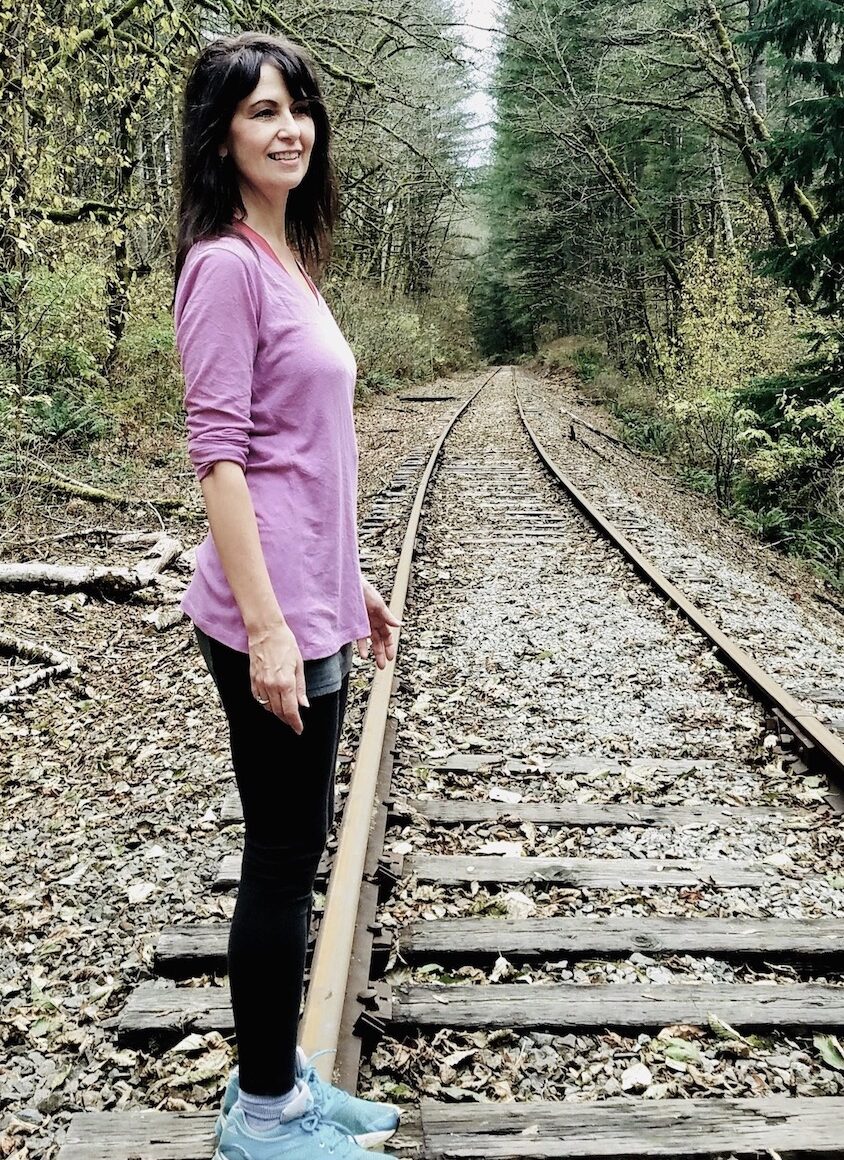
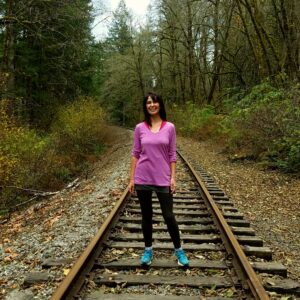
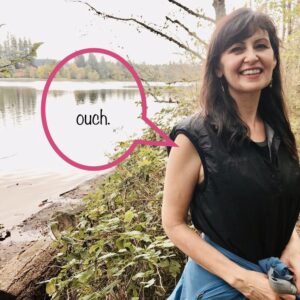
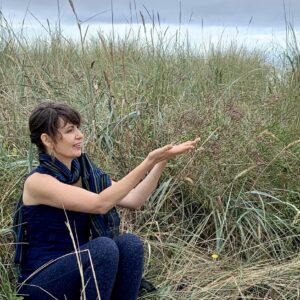 “I’m not making this up. I’ve made it down. That’s what writing is, after all the nonsense, getting down so low the world offers a merciful new angle, a larger vision made of small things. The lint suddenly a huge sheet of fog exactly the size of your eyeball. And you look through it and see the thick steam in the all-night bathhouse . . . .” –Ocean Vuong, On Earth We’re Briefly Gorgeous
“I’m not making this up. I’ve made it down. That’s what writing is, after all the nonsense, getting down so low the world offers a merciful new angle, a larger vision made of small things. The lint suddenly a huge sheet of fog exactly the size of your eyeball. And you look through it and see the thick steam in the all-night bathhouse . . . .” –Ocean Vuong, On Earth We’re Briefly Gorgeous